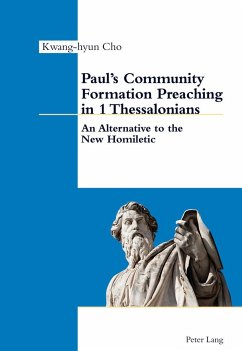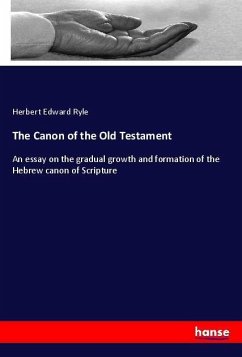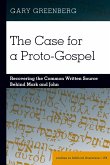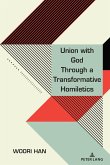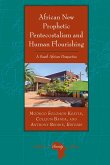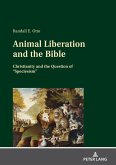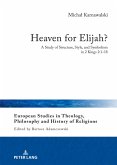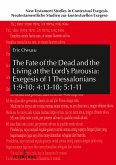This book increases awareness about Paul's community formation preaching which has been widely ignored in the contemporary homiletical field where the New Homiletic has exerted a strong influence. By drawing on the sociological concept of symbolic boundaries, the author demonstrates that Paul in his preaching of 1 Thessalonians used three symbolic resources in order to create boundaries for the formation of the Thessalonian community: the kerygmatic narrative, local narratives, and ethical norms. This interdisciplinary study suggests that contemporary preachers, who face the task of forming Christian communities in a post-Christian society, should preach shared narratives and communal norms for the creation of boundaries as Paul did.
Bitte wählen Sie Ihr Anliegen aus.
Rechnungen
Retourenschein anfordern
Bestellstatus
Storno

